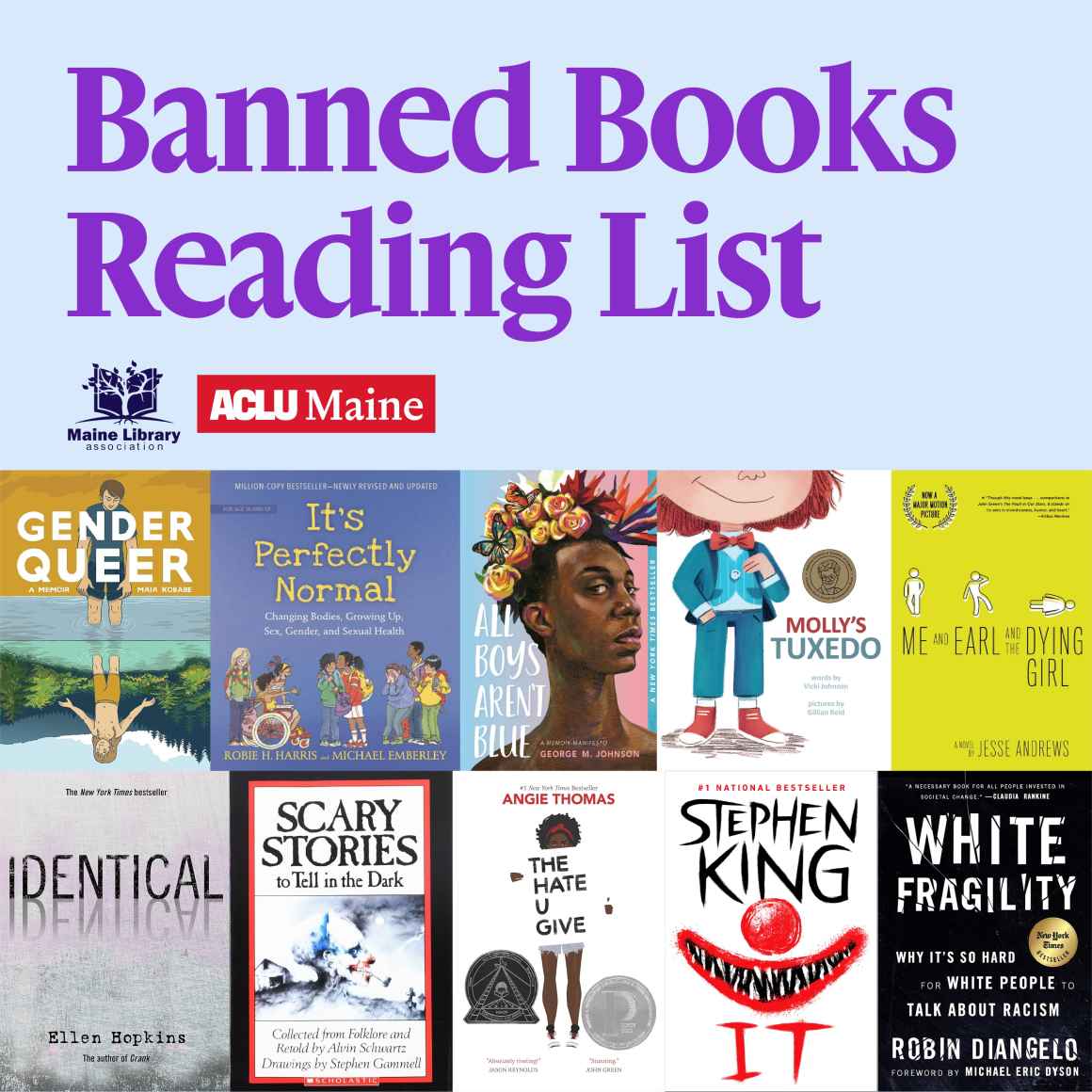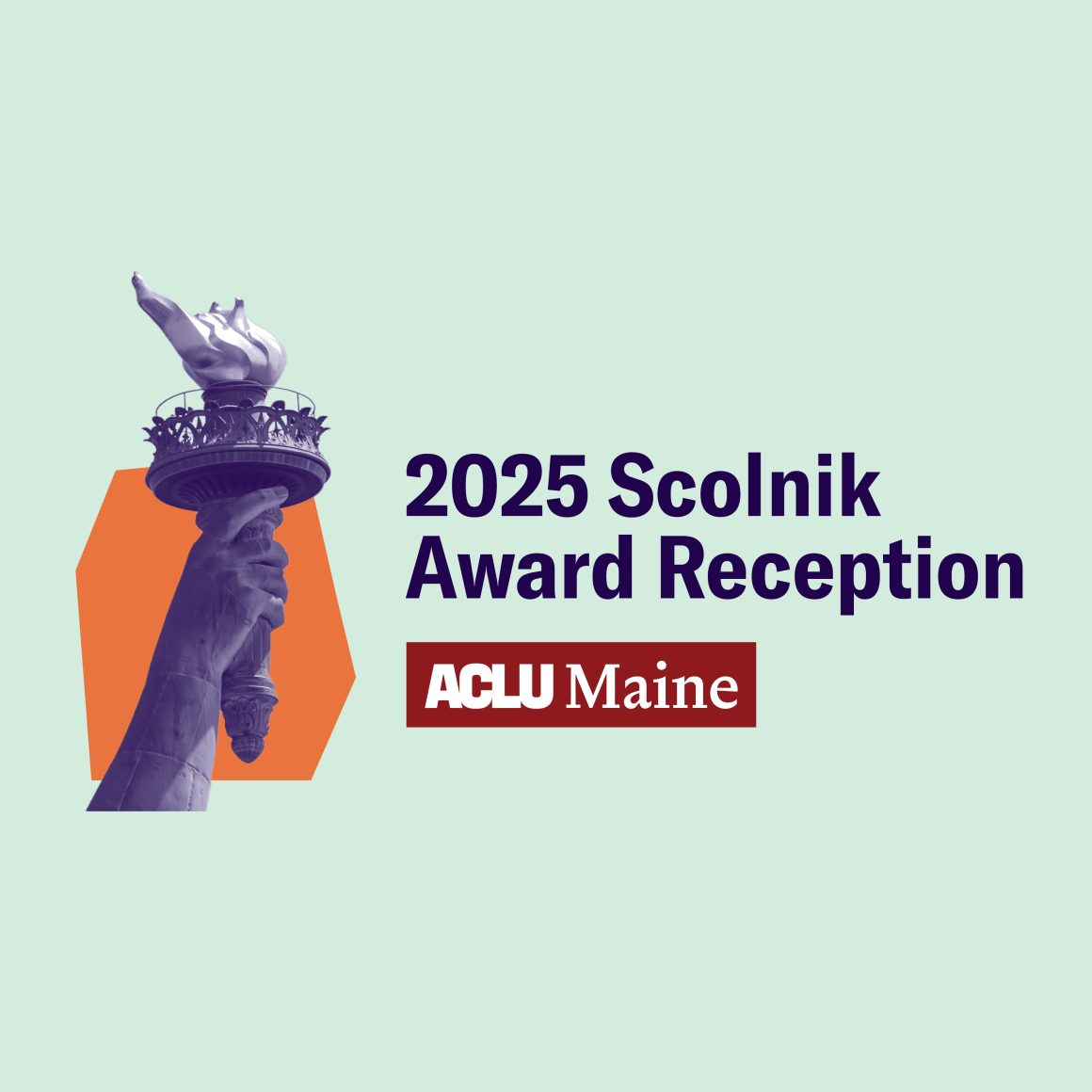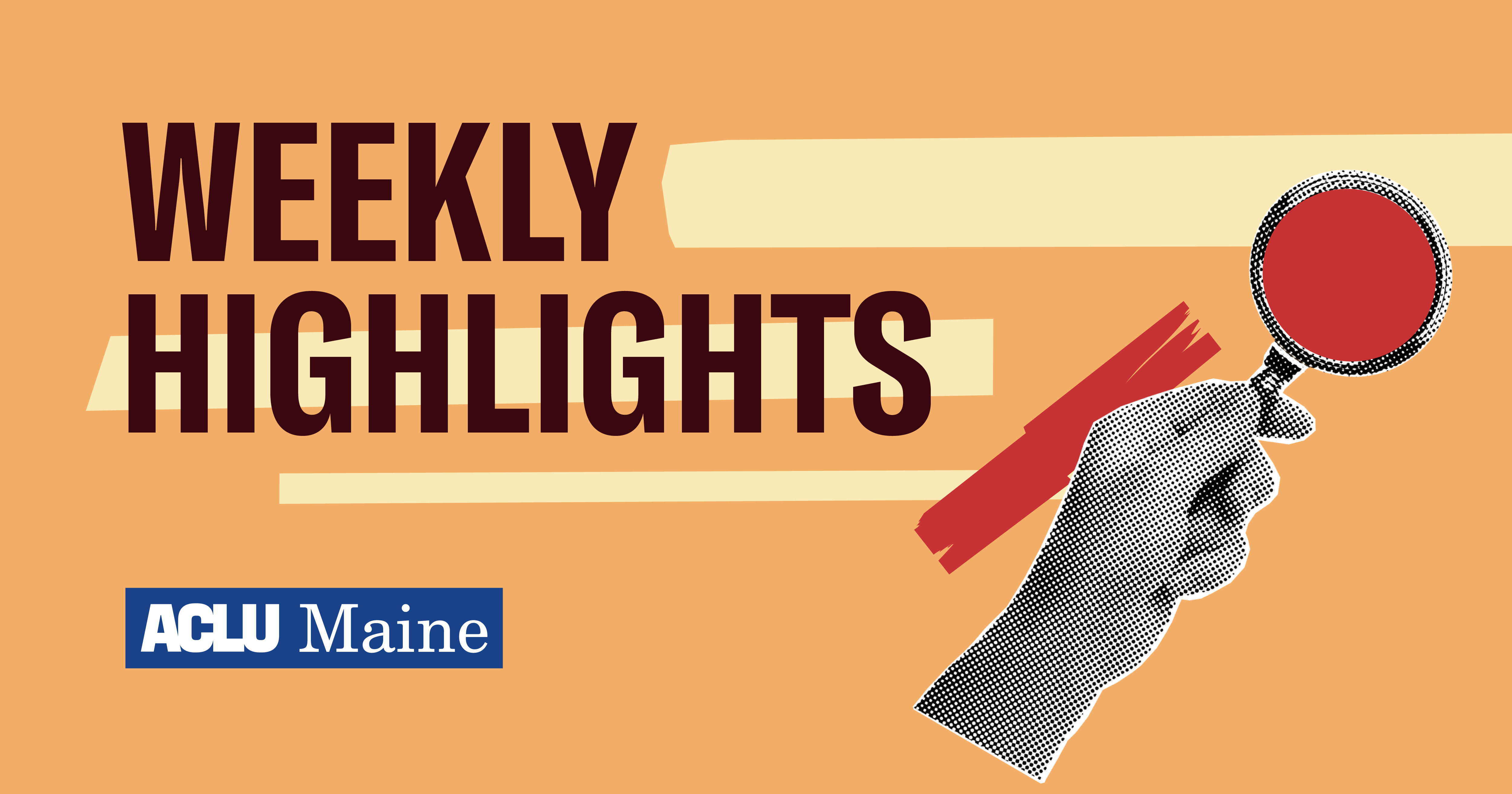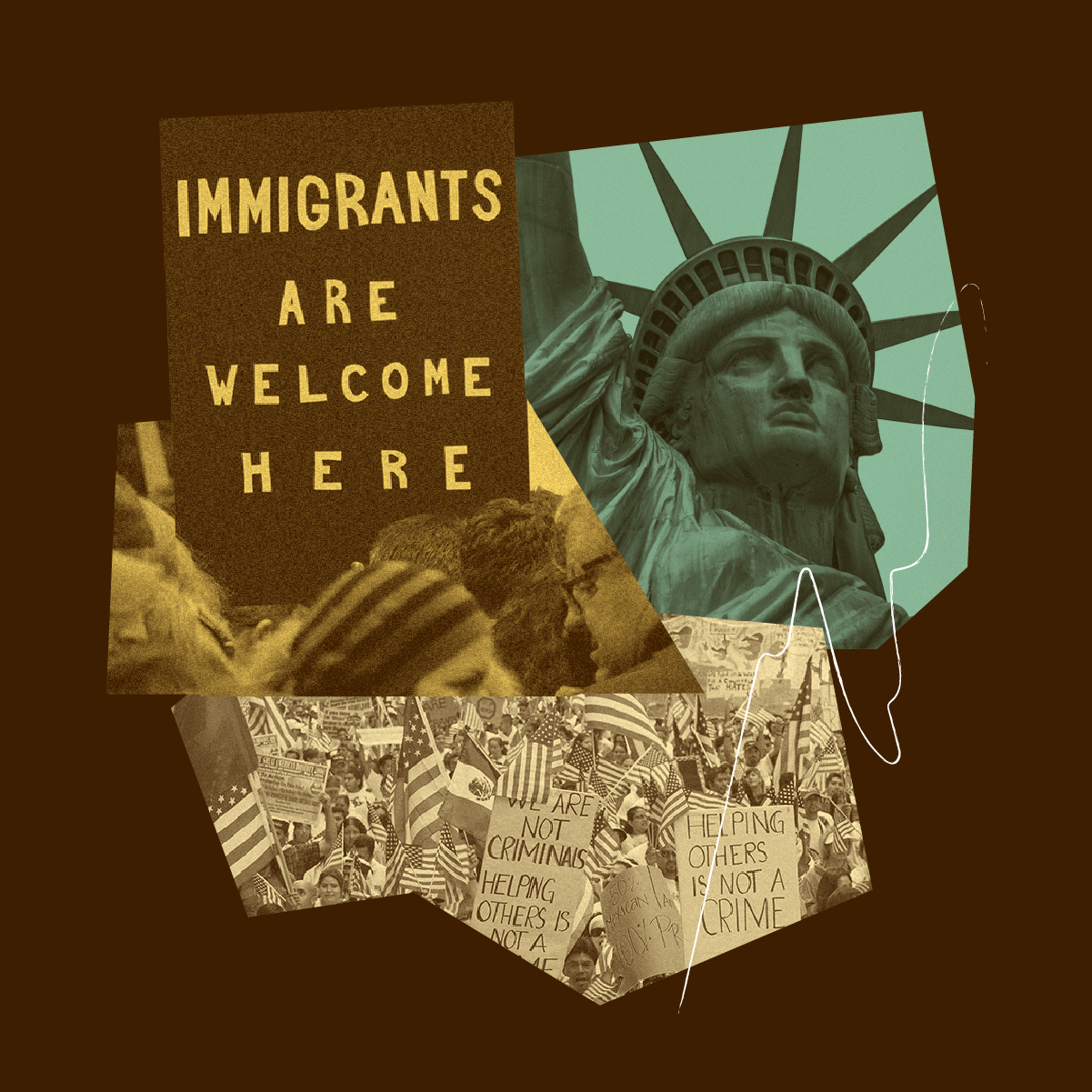This Banned Books Week, we’re teaming up with the Maine Library Association to defend the freedom to read – because democracy depends on open access to ideas.
Aaron Rosenblum, ACLU of Maine
Cathleen Miller, Maine Library Association and University of New England
From McCarthy to Today
In 1953, at the height of the McCarthyist Red Scare, the American Library Association and the Association of American Publishers issued a Freedom to Read statement. The organizations expressed concerns about the rising public sentiment that it was worth violating core First Amendment freedoms to keep certain ideas from reaching American readers.
The statement, last updated in 2004, begins: “The freedom to read is essential to our democracy. It is continuously under attack. Private groups and public authorities in various parts of the country are working to remove or limit access to reading materials, to censor content in schools, to label ‘controversial’ views, to distribute lists of ‘objectionable’ books or authors, and to purge libraries.”
Book Bans in Maine
That statement is unfortunately as relevant today as it was then. Censorship and book challenges have risen sharply in Maine in recent years. Between 2010 and 2020, few or no formal challenges were reported each year. But in 2023, there were 16 challenges in school districts across the state, covering more than 30 individual titles.
The majority have been in school libraries, with many challenges naming multiple titles on gender and sexuality. Following national trends, Maia Kobabe’s Gender Queer has been the most-challenged book in Maine, and it has been removed from at least one school library. Though challenges are waning for now, with only three reported to the Maine Library Association in 2024, more subtle forms of “soft censorship” have arisen. These include policy changes and pressure to preemptively exclude books from collections, demonstrating the long-term chilling effect of book challenges, even when they are unsuccessful.
Silencing Ideas
Book banning and censorship are often attempts to hide information, erase cultures, and alter the historical record. Bans are not just about one title or idea—they are systematically employed to limit the ways people are able to see and understand the world, and themselves. While many recent book challenges are framed within a context of “parents’ rights,” we believe ach family should have the right to access collections that both reflect and challenge their experiences and values.
James Baldwin, speaking to LIFE magazine in 1963, said: “you think your pain and your heartbreak are unprecedented in the history of the world, but then you read.” Books and other forms of free expression offer us windows into worlds we have never personally experienced, allowing us to develop empathy and curiosity about others. They provide mirrors to see pieces of ourselves that we might otherwise not recognize, and offer ways to connect with ideas and identities that might be pushed to the margins in our own communities. Limiting what our children or our neighbors can read leaves us more isolated and less able to relate to one another.
Exposure to new ideas is critical and it is essential libraries hold diverse collections, even when readers may find some materials distasteful. Someone who finds an author or book objectionable might be interested nonetheless in learning more about ideas they don’t like, to better understand and oppose them. Or, they may find that the ideas are not as objectionable as they assumed. No patron is going to enjoy or agree with every item in their library, but every patron must enjoy the freedom to choose what appeals to them.
Libraries offer much more than books, but books and ideas are foundational to our First Amendment freedoms, and we should all rally to protect these freedoms before they are gone. The Freedom to Read Statement continues: “the answer to a ‘bad’ book is a good one, the answer to a ‘bad’ idea is a good one.” For Maine libraries and the ACLU of Maine, it is a core belief that “bad” speech is best met with “good” speech. Justice can only prevail when all people, regardless of their point of view, are granted the right to express themselves freely.
As the Statement concludes: "We do not state these propositions in the comfortable belief that what people read is unimportant. We believe rather that what people read is deeply important; that ideas can be dangerous; but that the suppression of ideas is fatal to a democratic society. Freedom itself is a dangerous way of life, but it is ours.”
We heartily reaffirm this sentiment, and encourage you to pay attention to the threats to First Amendment freedoms happening in libraries and schools in your community. It takes all of us to protect our freedom to read.
Maine Banned Books Reading List
These are some of the books that have been challenged in Maine schools and libraries, and that Maine authors have had challenged in other states.
- Gender Queer by Maia Kobabe^
- It’s Perfectly Normal by Robie H. Harris^
- Me and Earl and the Dying Girl by Jesse Andrews^
- Molly’s Tuxedo by Vicki Johnson^
- All Boys Aren’t Blue by George M. Johnson^
- White Fragility by Robin DiAngelo^
- Identical by Ellen Hopkins^
- IT by Stephen King*
- The Hate U Give by Angie Thomas^
- Scary Stories to Tell in the Dark by Alvin Schwartz*
*Maine author | ^Challenged/banned in Maine
How You Can Take Action
For more information on Banned Books Week, visit BannedBooksWeek.org, and for information on book bans, visit UniteAgainstBookBans.org. If you need support around a library materials challenge, you can find help through the New England Intellectual Freedom Helpline, which will connect you to a volunteer in Maine.
Cathleen Miller is chair of the Intellectual Freedom Committee of the Maine Library Association and Education and Outreach Archivist at the University of New England. Aaron Rosenblum is the engagement and education coordinator at the ACLU of Maine, and a former librarian and archivist.








